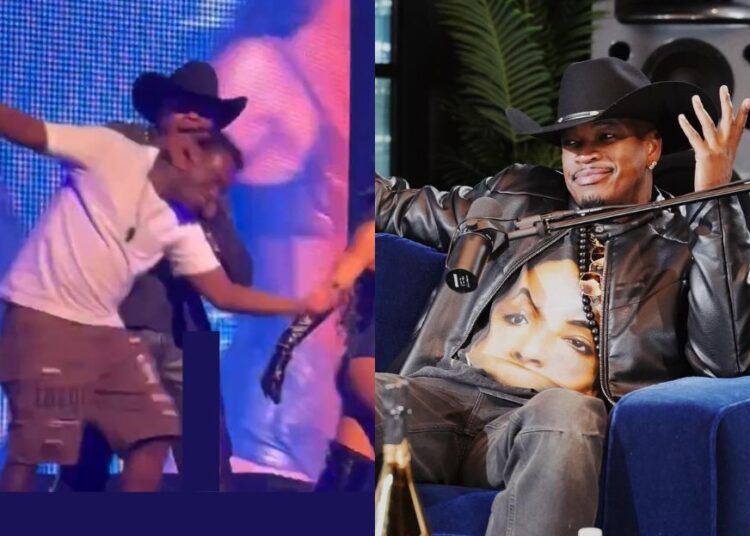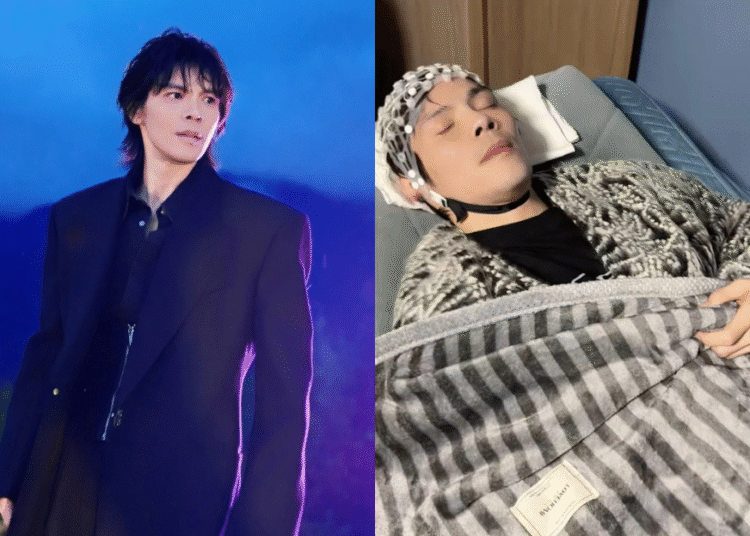Although progress has been made in recent years, the issue of whitewashing remains prevalent in Hollywood. For those who may not be familiar with the term, “whitewashing” refers to the practice of casting a white actor in the role of a non-white character. The films “Dragon Ball Evolution” (2009), “Prince of Persia” (2010) and “Ghost in the Shell” (2017) are all notable examples of whitewashing in Hollywood.
The casting of a white actor in the lead role of the Broadway adaptation of the South Korean play “Maybe Happy Ending” has sparked discussion, as the character has traditionally been portrayed by Asian actors since the story is set in South Korea. Andrew Barth Feldman was recently announced for the role, but the decision did not sit well with actress Constance Wu, who argued that he should have declined the offer.

For context, “Maybe Happy Ending” is a successful play originating from South Korea about 2 robot helpers, Oliver and Claire. In 2024, the Broadway version of the play opened with Darren Criss playing the role of Oliver. Although the cast consists almost entirely of Asian actors, Darren was still praised for his performance and even won a Tony Award. Following his exit, he was replaced by Andrew Barth Feldman.
The casting has since caused uproar among fans of the original Korean-language play, many of whom believe the lead role should be played by an Asian actor, given that the story is set in South Korea. “Fresh Off the Boat” star Constance Wu was among those who expressed disappointment, criticising both the casting choice and the actor for accepting the role.
In an Instagram post, she said, “Recently, @andrewbfeldman_ reached out to me to talk and we had an in-depth phone call about Asian American representation and erasure in theatre. It was a peaceful call, and we spoke at length, followed up by several emails/texts. It made me hopeful. But after a recent voice memo he sent me, all I can say is that I am so disappointed in him.”

Fans responded to her post with mixed views: some agreed with her statement, while others felt her anger was misdirected and argued that she should focus on criticising the casting directors instead. Some also acknowledged that while casting directors and producers are largely to blame for this kind of erasure, actors share a responsibility to turn down such roles and allow opportunities to go to those more deserving.
At the time of writing, Andrew Barth Feldman has yet to respond to the backlash and Constance’s criticism about his casting. What do you think? Is this another case of whitewashing, or should Andrew be given the chance to prove that he’s right for the role?
Read Constance’s full statement below:







